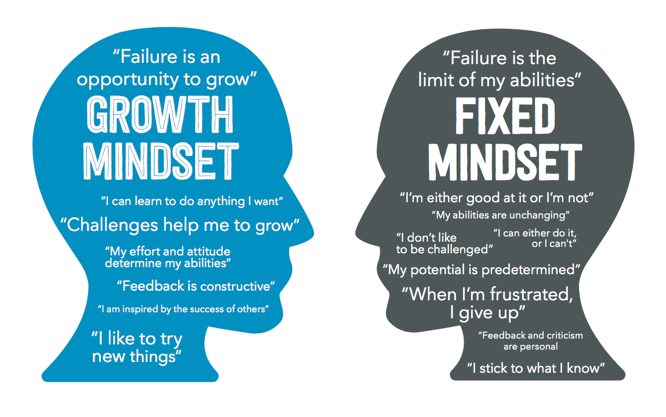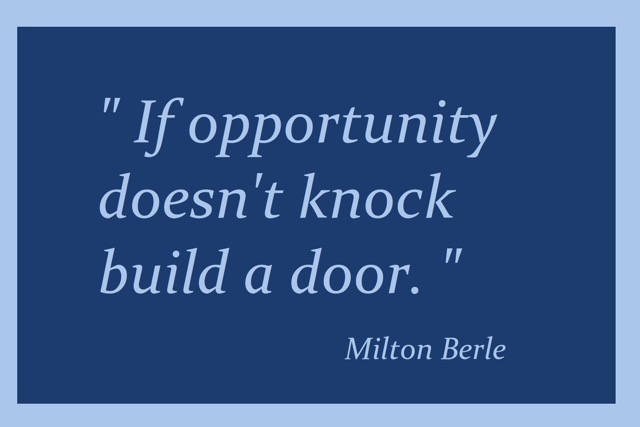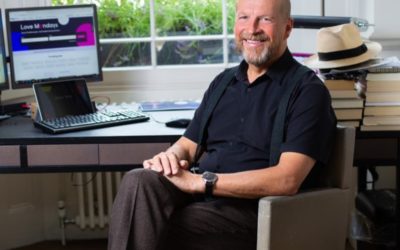Welcome to the final article in a three-part series written in support of the Keep Britain Working campaign.
(Here are links to the first and second articles in case you did not already see these.)
Finding resilience to weather the storm
Personal brand – are you owning your story?
My aim in this article is to share with you some tips from my experience as a career coach and former recruiter in the hope that they help you to move forward with confidence in this challenging job market.
Over the years I’ve helped hundreds of people with their job search and successful transitions in their careers. This campaign has made me reflect on the qualities which are linked to a successful outcome. I believe they fall into three camps and I have set these out below.
Attitude & Mindset
“Whether you think you can or think you can’t, you are right“
Henry Ford
It’s not easy being positive when your world has been turned upside down. If you’ve been made redundant or furloughed, then chances are you will be appreciating how difficult this can be. However, creating a good mindset is the first and most important step in being kind to yourself and leading yourself out of this situation.
In her book Mindset: The New Psychology of Success, renowned psychologist Carol Dweck describes the difference between having either a ‘Fixed’ or ‘Growth’ mindset.
Fixed Mindset:
“In a fixed mindset, people believe their basic qualities, like their intelligence or talent, are simply fixed traits. They spend their time documenting their intelligence or talent instead of developing them. They also believe that talent alone creates success – without effort.” (Dweck, 2015)
Growth Mindset:
“In a growth mindset, people believe that their most basic abilities can be developed through dedication and hard work – brains and talent are just the starting point. This view creates a love of learning and a resilience that is essential for great accomplishment.” (Dweck, 2015)

“The passion for stretching yourself and sticking to it, even (or especially) when it’s not going well, is the hallmark of the growth mindset. This is the mindset that allows people to thrive during some of the most challenging times in their lives.”
Carol S. Dweck, Mindset: The New Psychology of Success
Many of us actually sit in between the two states. The good news is, we can all shift towards a growth mindset if we want to. And if you are currently job searching, this could be the most important thing you do.
Practical Preparation
“Success occurs when opportunity meets preparation”
Zig Ziglar
Now you’ve put effort into thinking about your mindset, here are some practical pointers and five key steps to take to get you ready for work:
Know your story:
In the second article in this series we discussed Personal Brand. Knowing who you are, what you are offering and being comfortable with yourself will help you in your job search; it will help you at interview and it will help you hit the ground running when you start your new job.
Presenting your story:
Your CV, LinkedIn and covering letters all need to be consistent, in line with your own personal brand and telling a compelling story of your career. Make it easy for the employer to see that you are just what they have been searching for. If you are shifting career direction include your transferable skills! As with all presentations, a bit of showmanship goes a long way. Make sure all your documents look up-to-date, fabulous and professional and are packed full of energy and key words.
Telling your story:
It’s great when you know your value and own your story. Being able to articulate it and bring it to life at interview is how jobs are won. James Reed’s ‘Fateful 15’ in his best-selling book Why You reveals how most interview questions lead back to 15 key areas. You can prepare for this by thinking about the key things you want someone to know about you and your best examples / stories that bring these to life. Then practise; practise telling these stories aloud and remember, it’s all about adapting the story to match the role you are applying for.
Sharing your story:
Who do you know? Did you know that one of the most effective ways to get into your next job is through the people you already know? Think about your network, who has always supported you, been your champion, promoted you in the past or just always had your back? Get in touch, let them know you are looking for work. Even casual interactions (not forgetting about physical distancing of course!) such as at the shops can be productive. It’s a good time to remember that most people like helping other people.
Update your story:
If you are not currently working, are you able to do or learn something new? If you can find even a small amount of time to invest in yourself or do some volunteering, it will really help you feel positive and give you something else to talk about at interview.
Being flexible and having an open mind
“If you are offered a seat on a rocket ship – don’t ask which seat, just get on!”
Sheryl Sandberg, Lean In
Having an open mind and being able to spot and adapt to opportunities is key to getting back to work.
Job opportunities often come in disguise. They are not always wrapped up in the package we were expecting and, as Milton Berle said (see top), sometimes we need to build our own door to let them in.
Have you ever noticed something that’s always been there but you feel like you’re seeing it for the first time? Sometimes, using a different lens is all it takes – and if this time has taught us anything, it’s that we have to be prepared to adapt and accept change.
I’ve had the privilege of coaching many clients through career transition and nothing surprises me more than what we are capable of. I’ve coached people to take up senior roles in new continents; I’ve coached others back into corporate roles following a break; I’ve supported clients through setting up their own businesses and I’ve coached many through dramatic career changes. (One client left a senior sales career to become a tree surgeon and he’s never been happier!)
So what opportunities are out there for you? Maybe it’s a part-time role? Maybe you split your week between two completely different jobs? Perhaps it’s a short-term position that could be a stepping stone towards something bigger? Maybe you don’t go back to your previous career. Maybe now is the perfect time for change.
Three things to try now:
Here are a few things you can start thinking about today to help you in your journey back to work:
- Think about your mindset. Do you need to take any steps towards achieving a growth mindset? Try to imagine yourself doing a completely different job. What would that be?
- Invest some time in you. Take a look at your CV – would you hire you?
- Think about the people (eg ex-colleagues) who may be able to help you. Can you connect with them today?
I hope these articles have been helpful to you in your personal career journey. For many of us, we don’t know where this journey will take us, we just know we need to pack for all weathers. If somewhere along the way you’re offered a ticket on a rocket ship – make sure you hop on board (and be sure to send us a postcard)!
This is the third in a series of three articles written by Executive Coach Yvette Jeal PCC (www.yvettejeal.co.uk) to support the Keep Britain Working campaign. Click here to access other articles and join Yvette and James Reed in a free webinar at 12pm on 10th June, where they will be discussing useful tips and ideas for getting back into the workplace. Register here to join
Yvette Jeal PCC is an ICF Certified Executive Coach with 20 years’ corporate experience. In addition to executive coaching, Yvette runs bespoke career transition programmes to help people get back in to work. She works with C-Suite, Board level executives, directors and emerging leaders in the UK and internationally. Her diverse client base includes major organisations in tech, fintech, finance, banking, aviation, engineering, healthcare, legal sector and recruitment.
Resources and further reading
Carol Dweck: The Woman Behind The Motivational Mindset Breakthrough
Why you? 101 Interview Questions You’ll Never Fear Again, by James Reed







